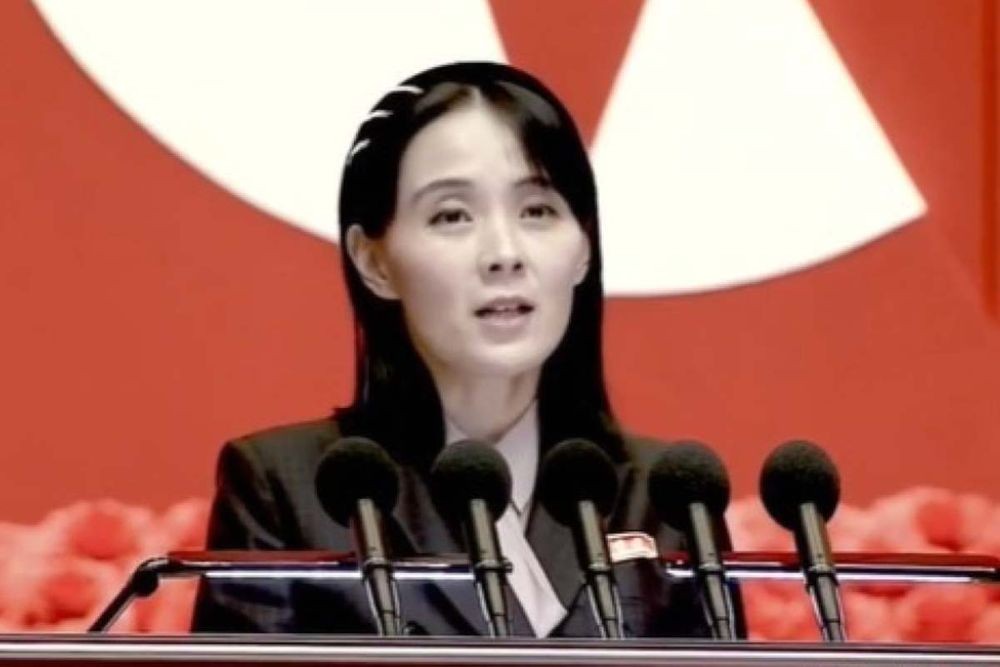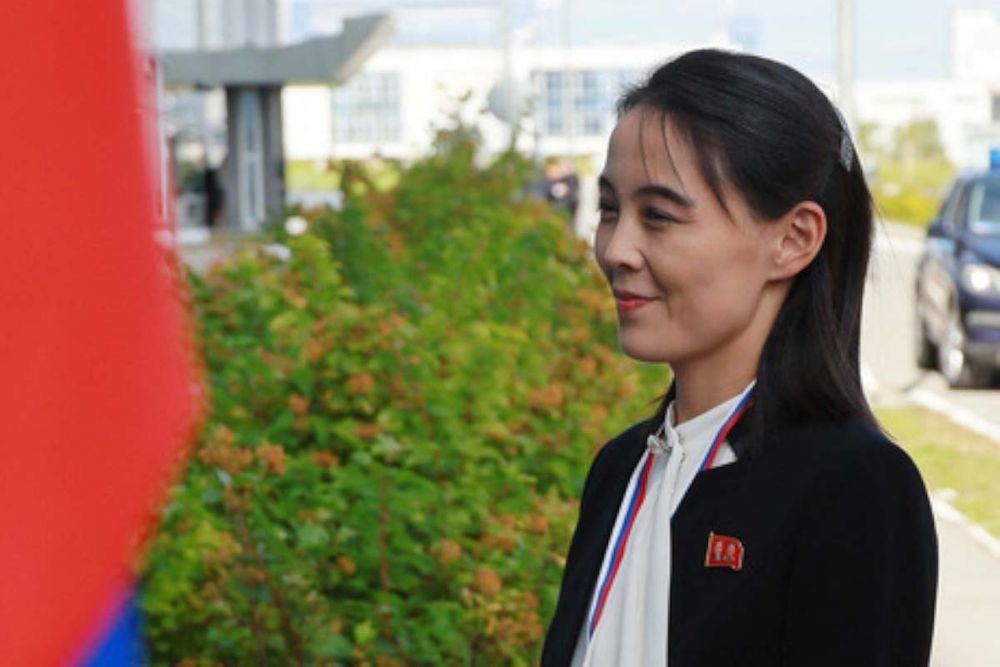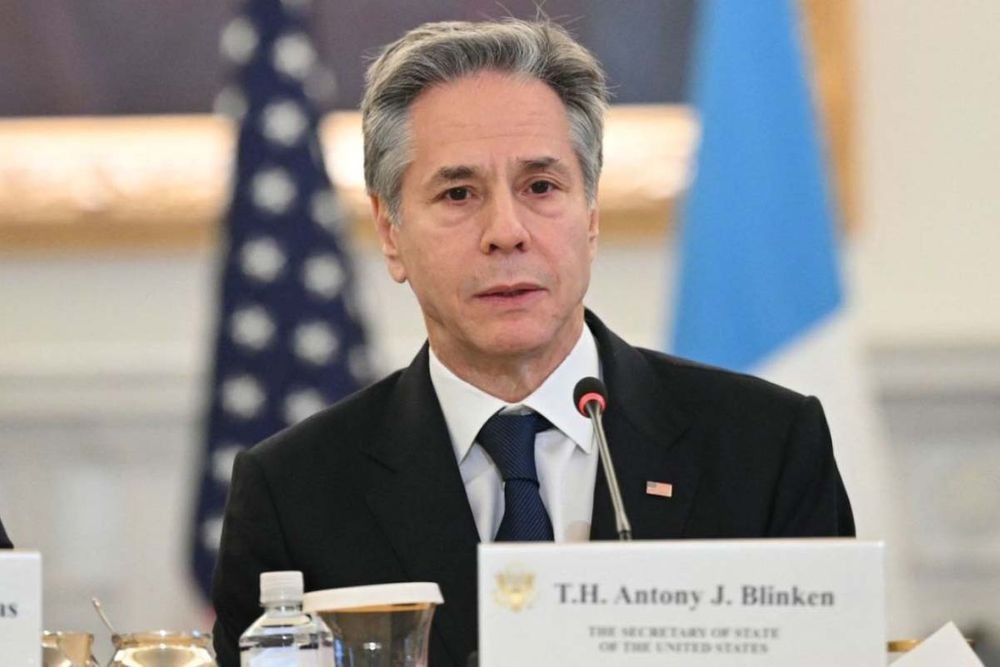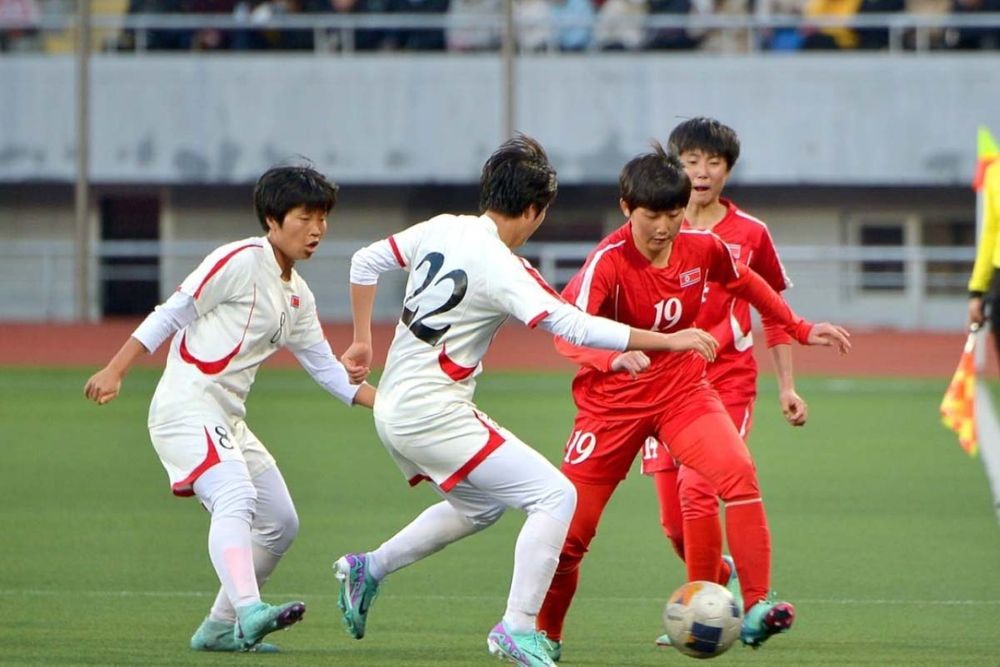Kim Yo Jong’s Firm Declaration in Response to the Request from the Japanese Prime Minister
TV Report Views
Kishida requests Kim Yo Jong to facilitate a meeting with Kim Jong Un
Kim Yo Jong demands political decisions from Japan
North Korea abruptly cancels North Korea-Japan soccer match

On the 25th, Kim Yo Jong, the Deputy Director of the North Korean Workers’ Party, made public the news that Japan’s Prime Minister Fumio Kishida had recently expressed his desire to meet directly with Kim Jong Un. According to the Korean Central News Agency, Deputy Director Kim, in a statement, conveyed, “Recently, Prime Minister Kishida has informed us of his intention to meet Kim Jong Un of the Democratic People’s Republic of Korea through another channel at the earliest possible date.” She further emphasized, “The Prime Minister should understand that our national leadership is not obliged to respond to the meeting simply because he desires and is determined to meet.”
She added, “As mentioned, the key to opening a new path for improving Korea-Japan relations lies in Japan’s concrete political decisions. Merely intending to hold a summit, without addressing the deep-rooted distrust and misunderstandings between the two nations, will not lead to improvement, as history has shown in the Korea-Japan relationship.”
She stated, “If Japan continues interfering with our sovereign rights, as it does presently, there will be no progress.” Additionally, she remarked, “Persisting in obsessing over the unresolved abduction issue will only result in the Prime Minister’s meeting request being perceived as a mere popularity stunt.” This indicates that the abduction issue should not be a central focus of North Korea-Japan relations.

Deputy Director Kim also issued a warning, saying, “It is clear that when Japan displays hostile attitudes and infringes upon our sovereign rights, it will be regarded as our enemy and a target, never a friend.”
She argued, “If Japan genuinely aims to improve bilateral relations and become a close neighbor contributing to regional peace and stability, it must make politically courageous decisions that align with its overall interests.” She explained, “Respecting our sovereign rights and security interests from a fair and equal standpoint, the reinforcement of North Korea’s self-defense capabilities will not pose any security threat to Japan.”
Previously, on February 15, Deputy Director Kim had stated, “If Japan refrains from unfairly interfering with our legitimate right to self-defense and stops treating the abduction issue, which has already been resolved, as an obstacle to bilateral relations, there is no reason why the two countries cannot draw closer, and the day may come when the Prime Minister sets foot on Pyongyang soil.”

In response, the U.S. government has expressed its support for the emerging trend of dialogue between North Korea and Japan. A spokesperson from the U.S. State Department confirmed that Japan’s Prime Minister Kishida reiterated his commitment to fostering a North Korea-Japan summit during a budget committee meeting on February 9.
The U.S. government’s stance is viewed as supportive of enhancing North Korean-Japan relations. U.S. State Department spokesperson Antony Blinken stated, “We have consistently emphasized the importance of diplomacy, including dialogue with North Korea,” indicating support for Japan’s position. Additionally, Sung Kim, the U.S. State Department’s Senior Official for North Korea, also voiced support, affirming, “We endorse Japan’s endeavors to engage in talks with North Korea.”
During a seminar commemorating the second anniversary of the Indo-Pacific strategy, hosted by the U.S. Peace Foundation, Mira Rapp-Hooper, Senior Advisor for Asia-Pacific Affairs at the White House National Security Council (NSC), addressed a question regarding North Korea-Japan relations. She remarked, “This pertains to a specific news issue, and we are not currently closely monitoring it.” However, she added, “Not only the United States but many allies endorse engagement with North Korea.”

On the other hand, North Korea surprised officials by canceling the World Cup qualifier match between North Korea and Japan, which was scheduled in Pyongyang on March 26. In response, the International Federation of Association Football (FIFA) announced its stance of referring North Korea to the disciplinary committee for abruptly refusing to reschedule the match and declining to host a home game. Consequently, it is anticipated that this match will effectively conclude with a 0-3 forfeiture in favor of Japan. If North Korea’s forfeiture penalty is confirmed, Japan stands to gain the advantage of advancing early to the second round of the World Cup qualifiers.
The Japanese national team had announced their plans to depart for China on March 22 to complete their preparations and intended to enter Pyongyang the day before the match. However, North Korea suddenly indicated its inability to host the match in Pyongyang, leaving the Japanese team without a venue. According to reports from Japan’s Kyodo News, North Korea attributed this decision to precautionary quarantine measures due to concerns about the significant increase in cases of Streptococcal toxic shock syndrome (STSS) in Japan. Nonetheless, opinions suggest that it might be a politically motivated decision, underscoring the necessity for sustained attention to North Korea’s actions.










Most Commented